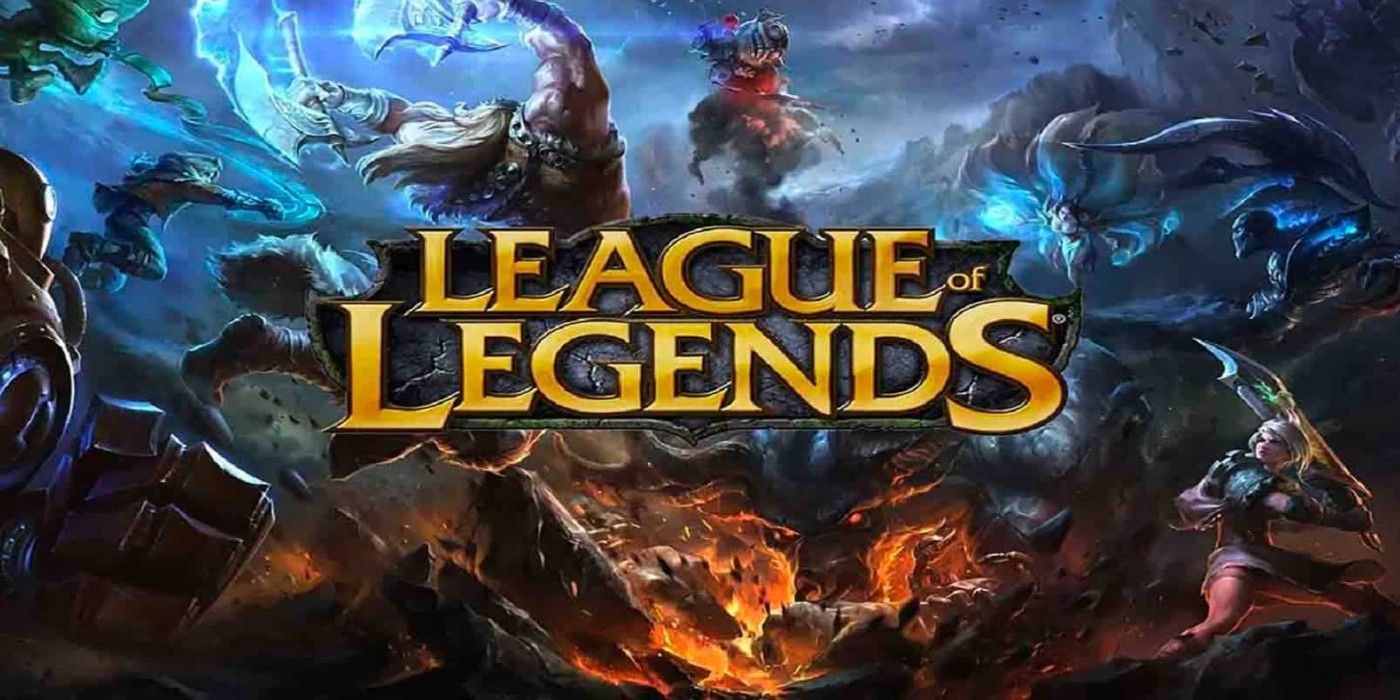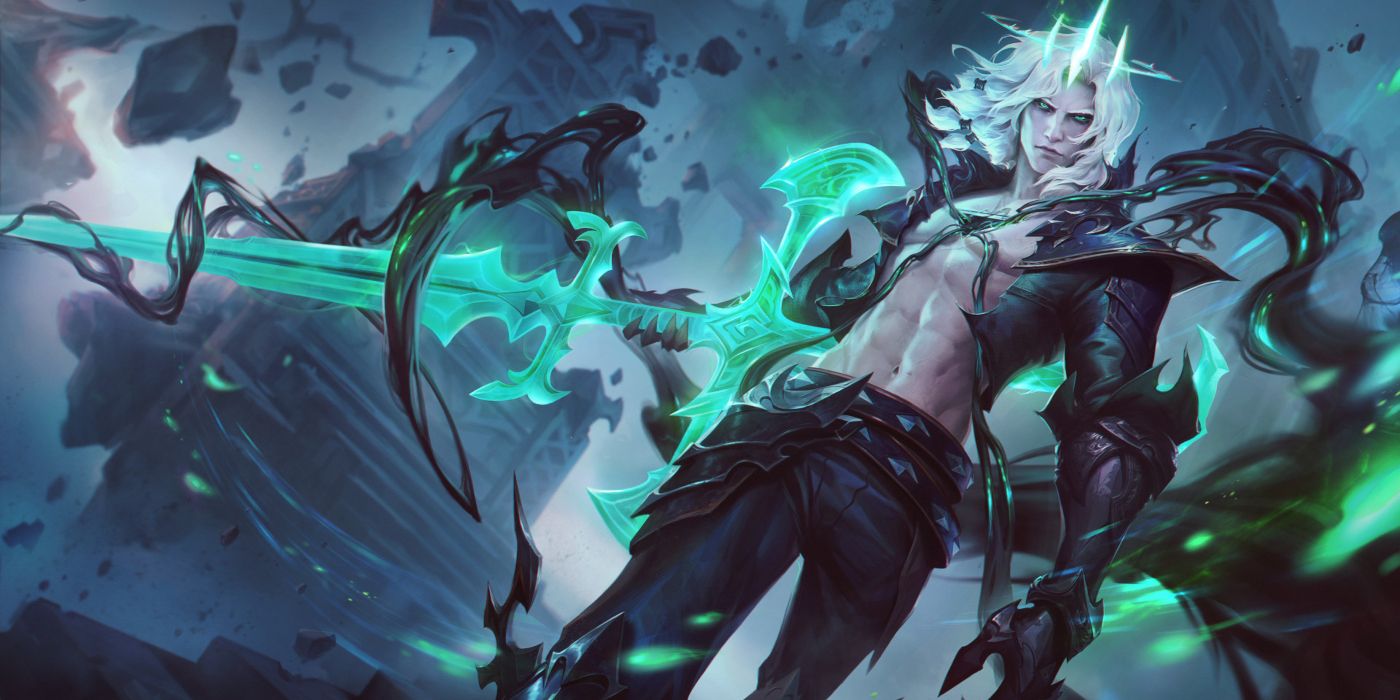Video games, especially competitive esports games, can unfortunately bring out the worst in people. Foul language, trash talk, thrown controllers—many gamers have been there, but many have also taken it several steps too far. Some have even become downright toxic, setting a bad example for those around them.
Toxic behavior is a wide term used for problem gamers and not always correctly. There is a difference between things like being a sore loser and constantly blaming others for personal failures and loudly vocalizing that fact. Many gaming communities are so flooded with toxicity that their names are more synonymous with their foul community than the actual game.
The Most Toxic Esport Games
Bad behavior and problem players can be found in just about any gaming community and esports league. Over the past few years, there have been many stories about the overwhelming toxicity in fighting game communities, but it can happen anywhere. Reports of physical, verbal, and sexual harassment make headlines, with offenders rarely receiving consequences. Cheating and game-fixing are also problems, with pro gamers trying one-up each other and earn a little extra money on the side.
Other esports are known for their toxic community, such as shooters from all walks of life. It's almost as if, no matter where one looks, there are big problems with toxicity everywhere. Although this does not apply to every streamer, some personalities make it even worse. This can be in the form of complaining that their teammates' poor performance lost them a match or pointing out how "obvious" it is that the other team is cheating. What makes matters worse is how many of these games' fans find humor in their favorite pro or streamer's toxicity.
There is one gaming esports community that is often described as being the worst of them all, the League of Legends community. While Riot has actively started taking a stance against toxicity as of 2020, the community still struggles with the issue.
The Antitoxin
How are gamers supposed to combat the toxicity that so pervades the esports world? How does the global gaming community stop the bad examples of what being a gamer is all about from streaming their hate to their impressionable fans? The answer is as simple as it is complex: effort, compassion, and zero tolerance for those who would spread hate, assault other community members, and take advantage of their position as a public figure. This means stopping support when needed, not attending events that thrive on it, not stepping down from it, and treating it as the toxin that it is.
Events can refuse to host known toxic players and take a stronger stance against athletes who break codes of conduct expected by professionals. Streaming platforms can be more consistent with their punishments. Developers can take harsher steps to ban toxic players from their servers and official events, while distancing themselves as much as they can from toxic players.
A great example of a company with a strong stance on toxicity in its games is Blizzard. The company enforces a zero-tolerance policy with rock-solid rules on how members of their professional esports games act in their gaming chairs and their public lives, fining offending players or outright banning them from official events or even their servers in general. It doesn't stop there, though. Blizzard has also made attempts at decreasing toxicity in its games by adding player systems to report toxic players and praise positive ones. It also employs machine learning to monitor in-game interactions to find offending cases quicker and efficiently deal with them.
Leave It Better Than You Found It
A good rule of thumb to follow in whichever gaming communities players find themselves in is to "leave it better than you found it." By helping fight toxicity and spreading more positive and inclusive messages in their communities, players can gradually help make gaming better for everyone down the line. Fans need to remember what brought them to those communities to begin with, a love of the game. Toxic gamers only hurt esports communities and the gaming community as a whole. In an industry that seeks validity, the entire community needs to set the best example it can.


